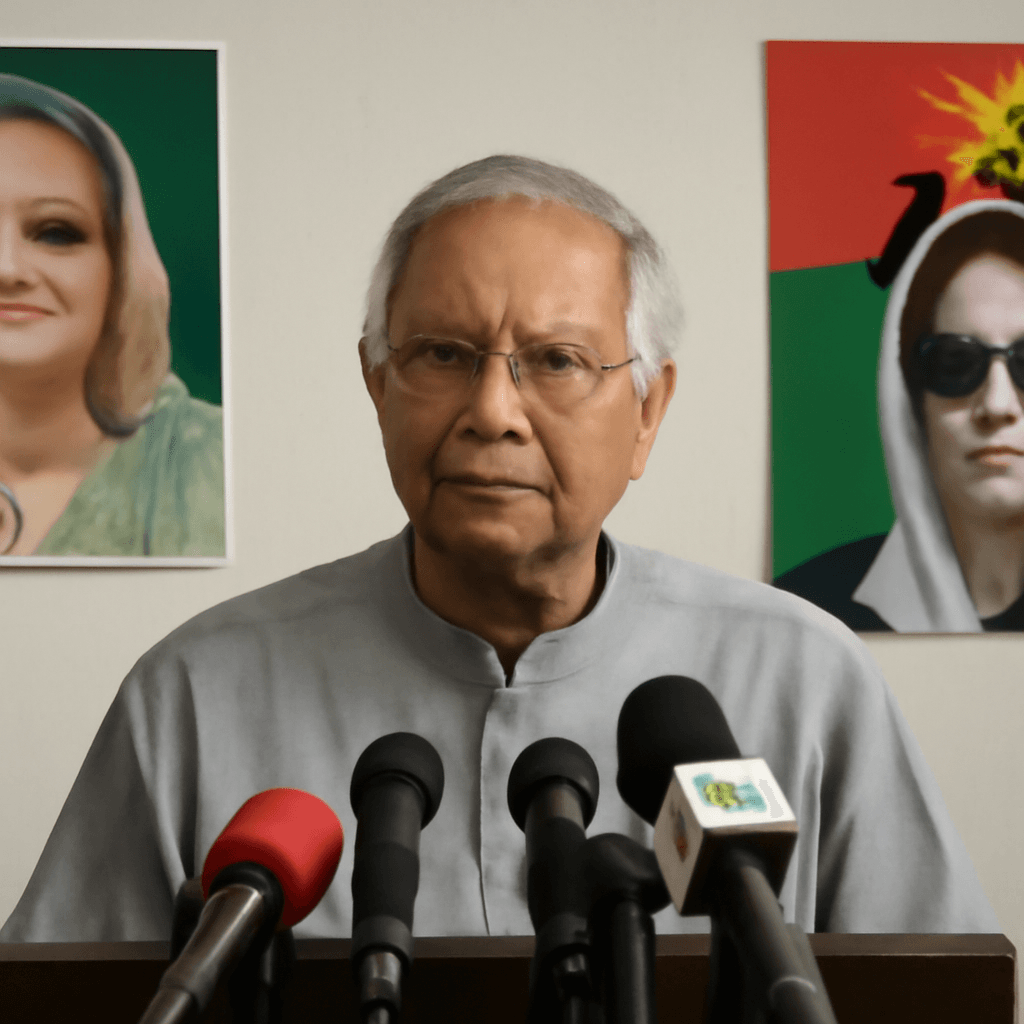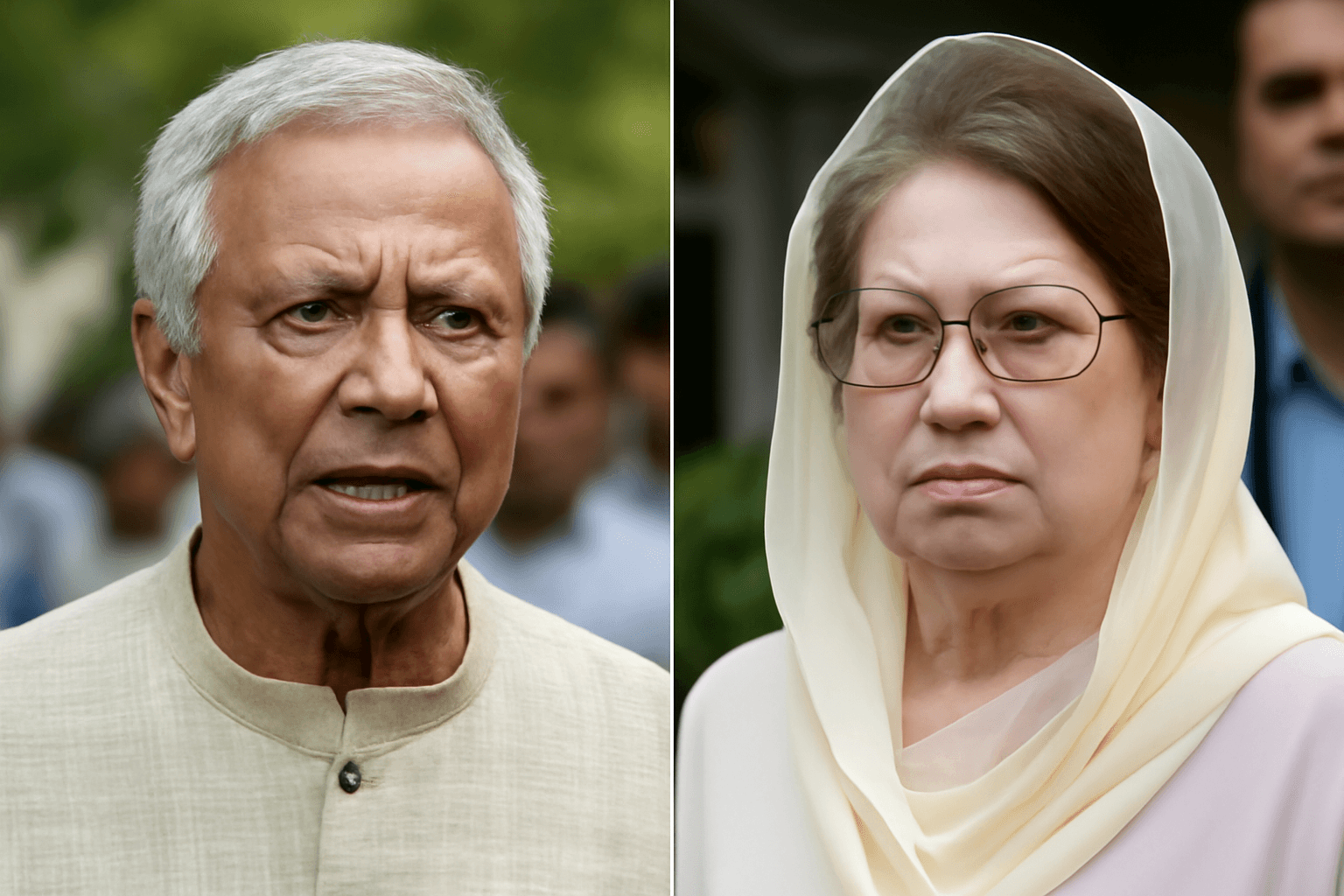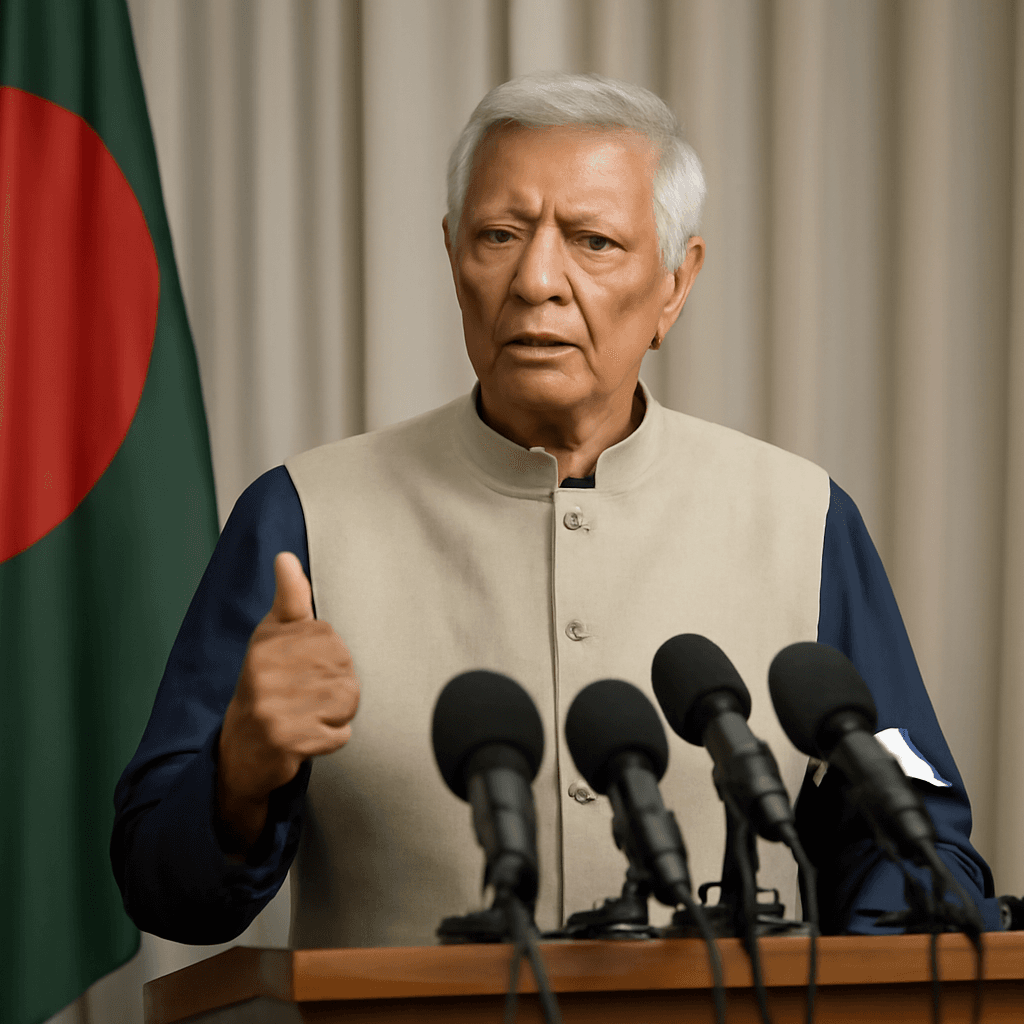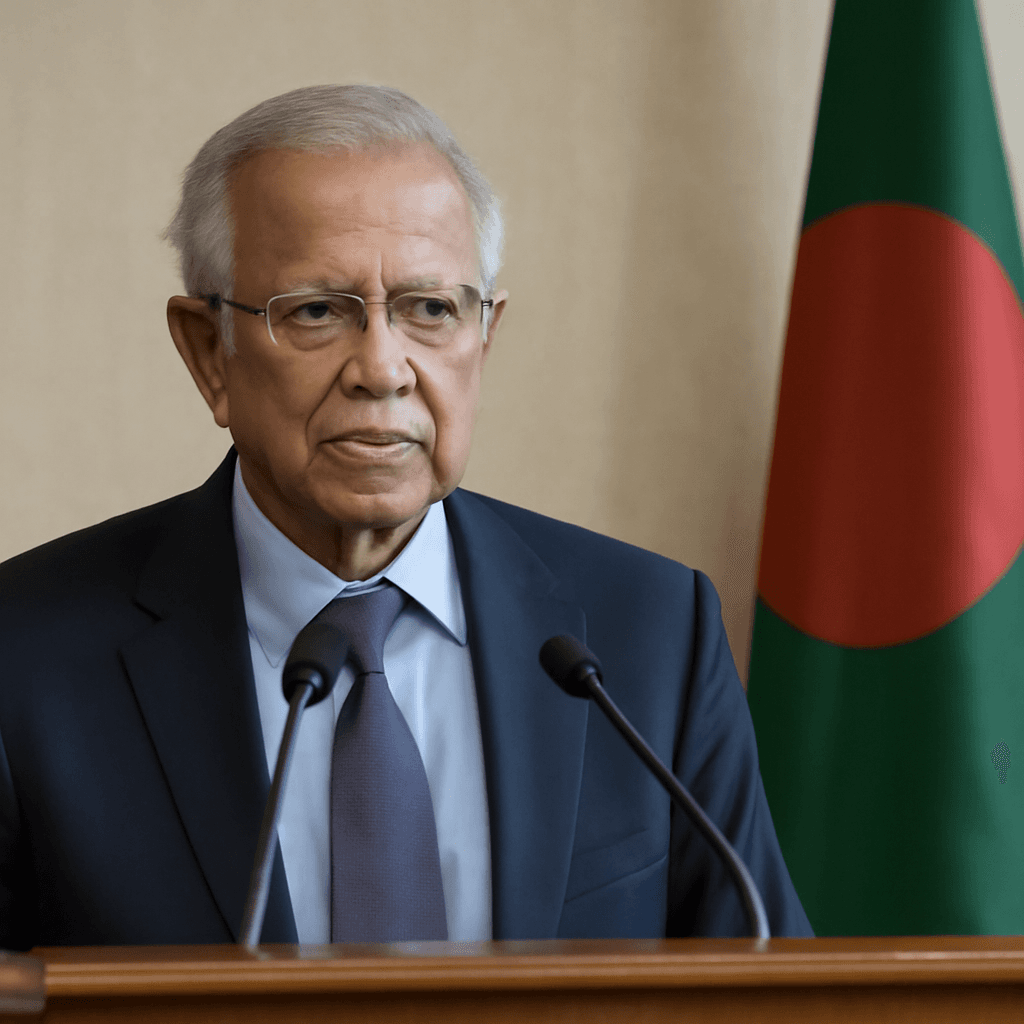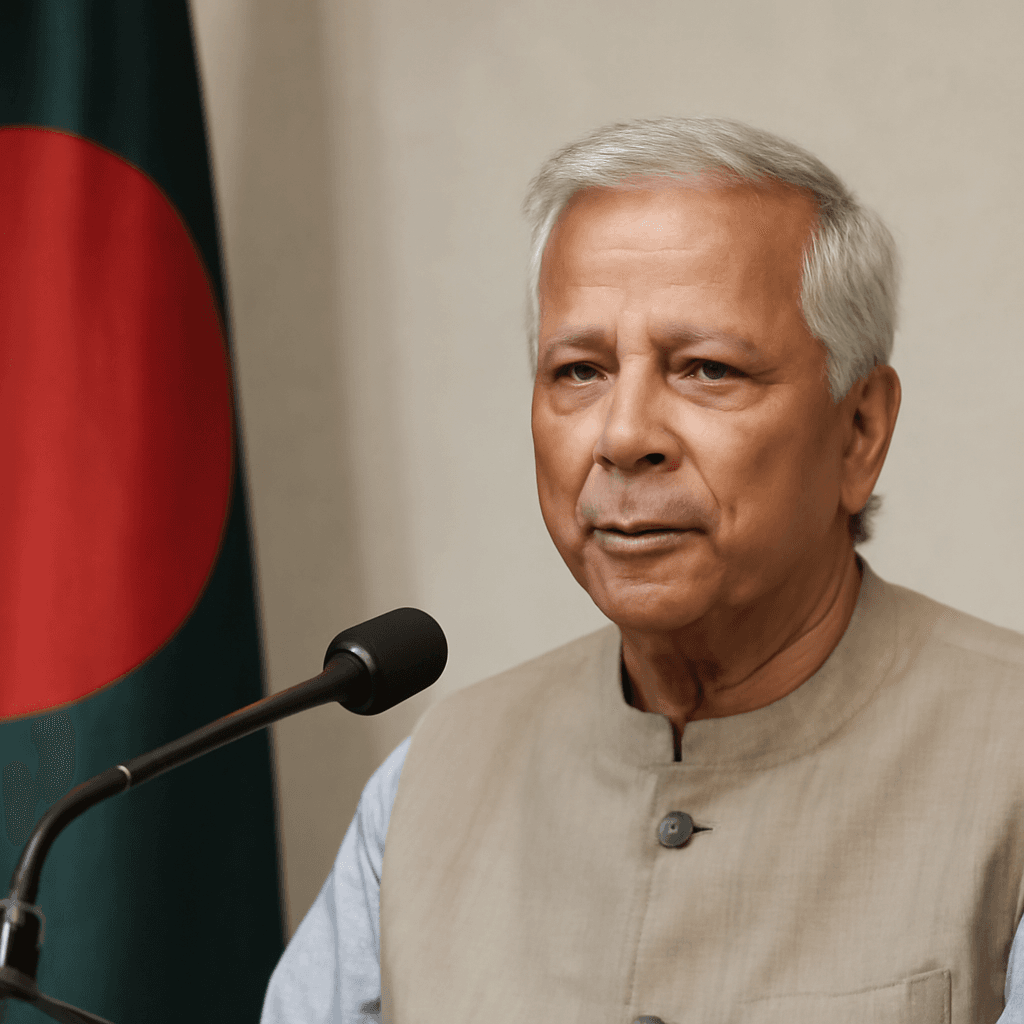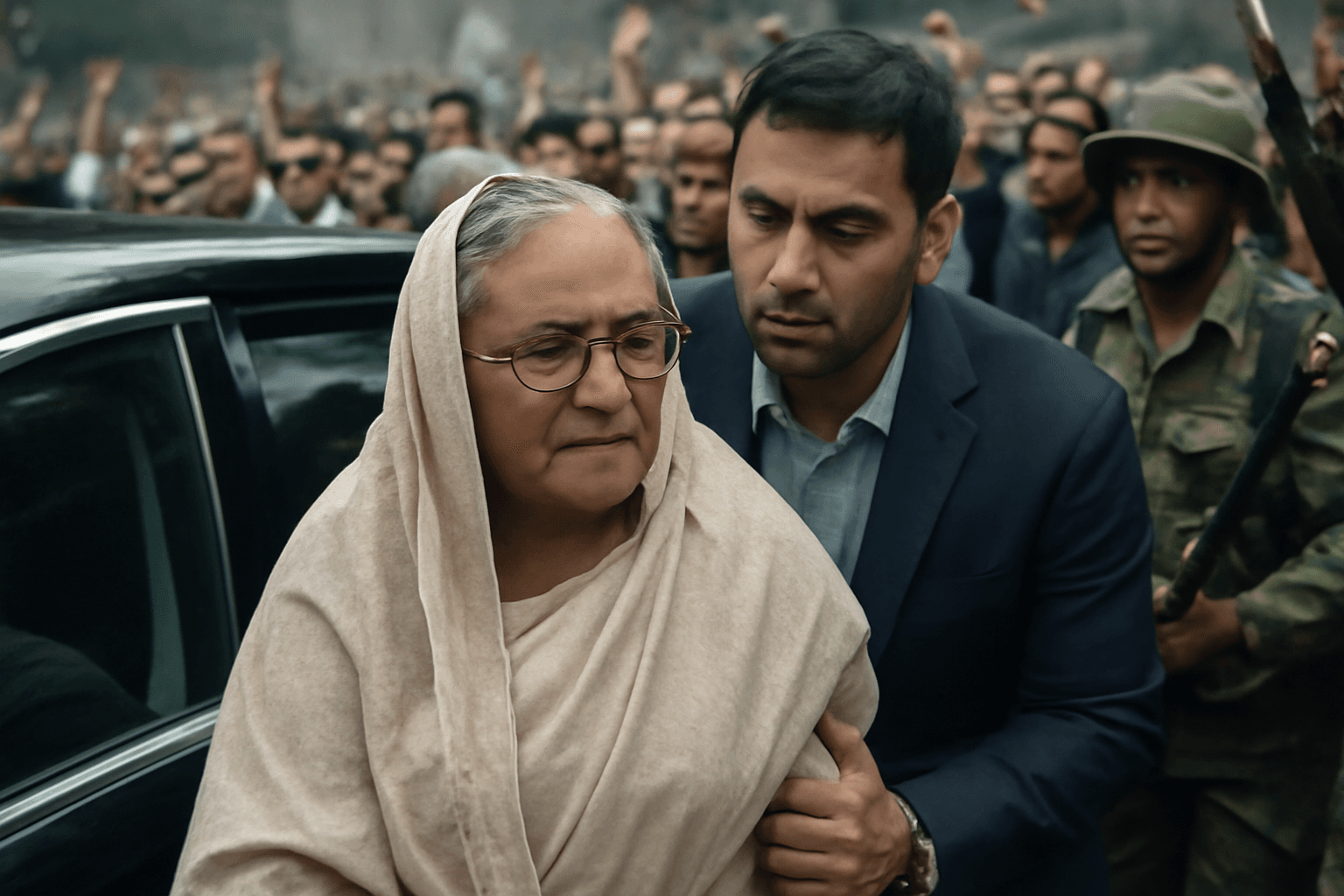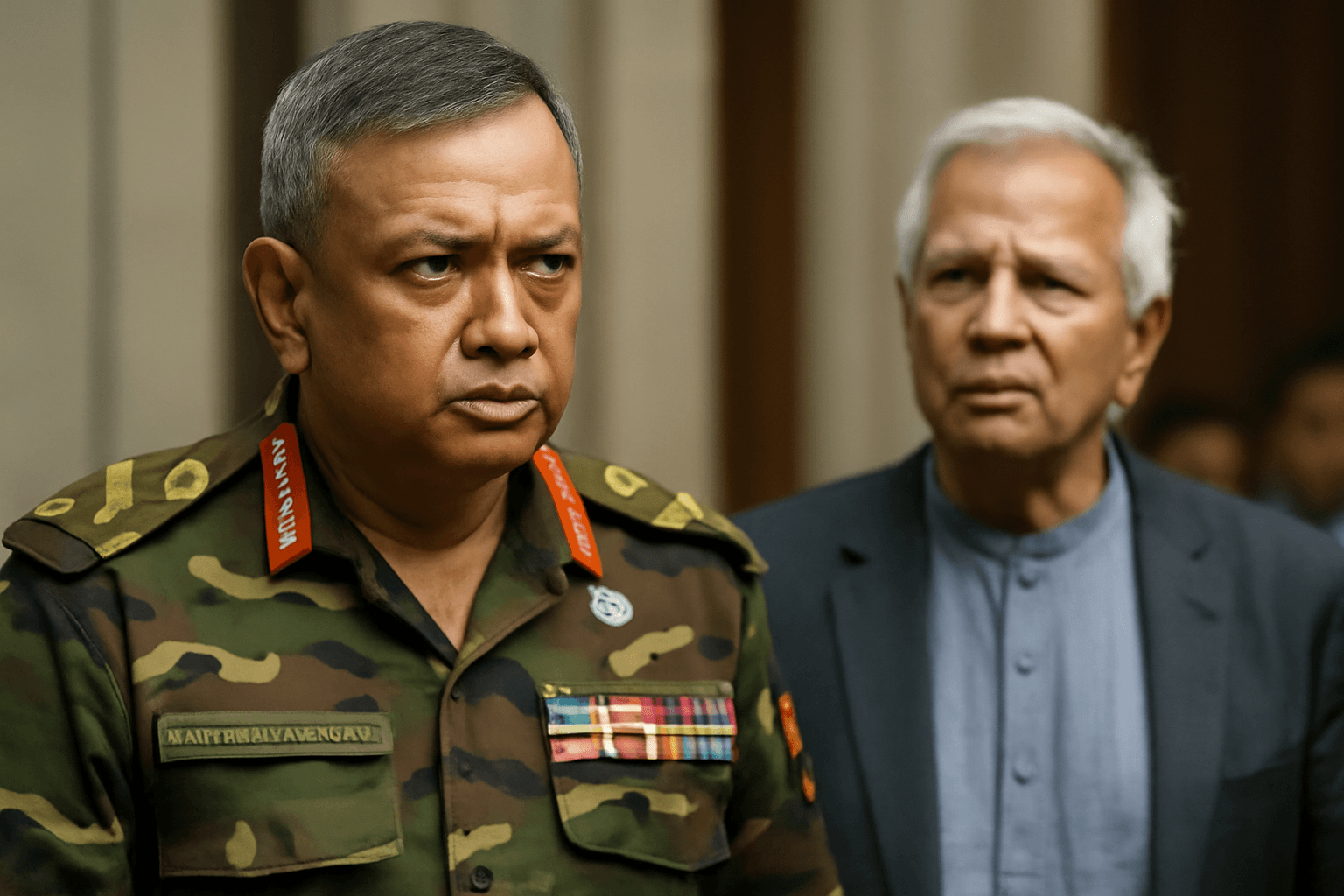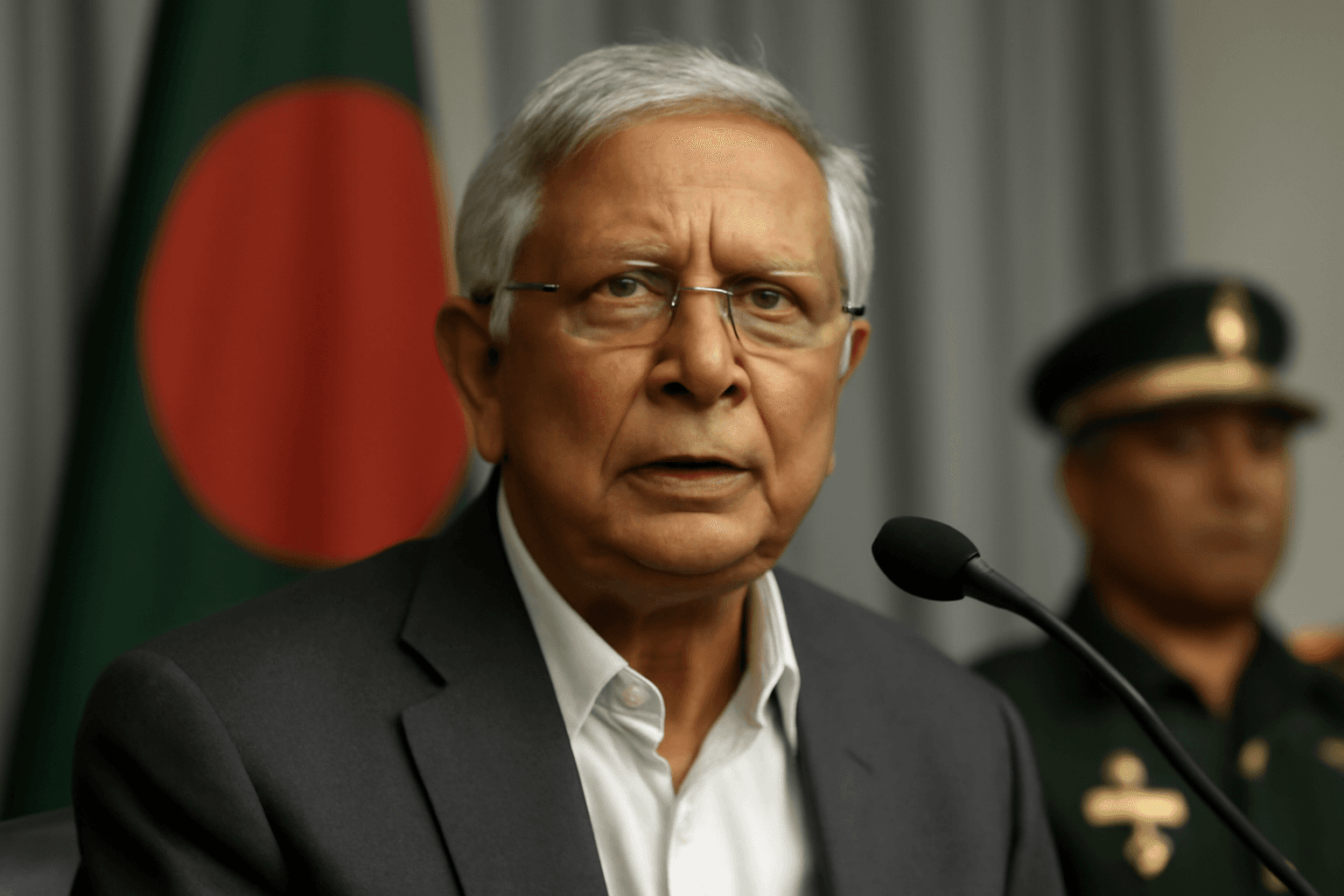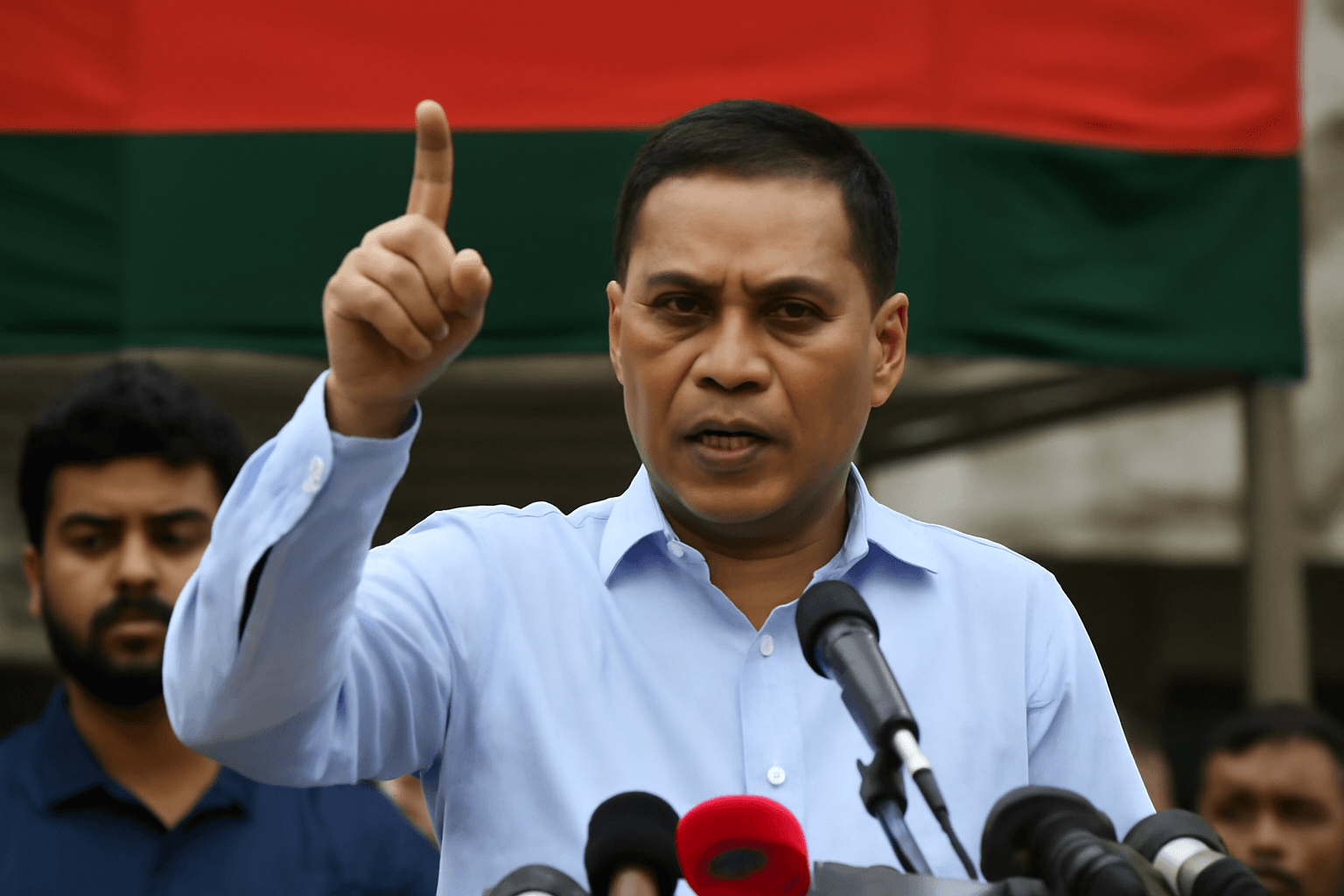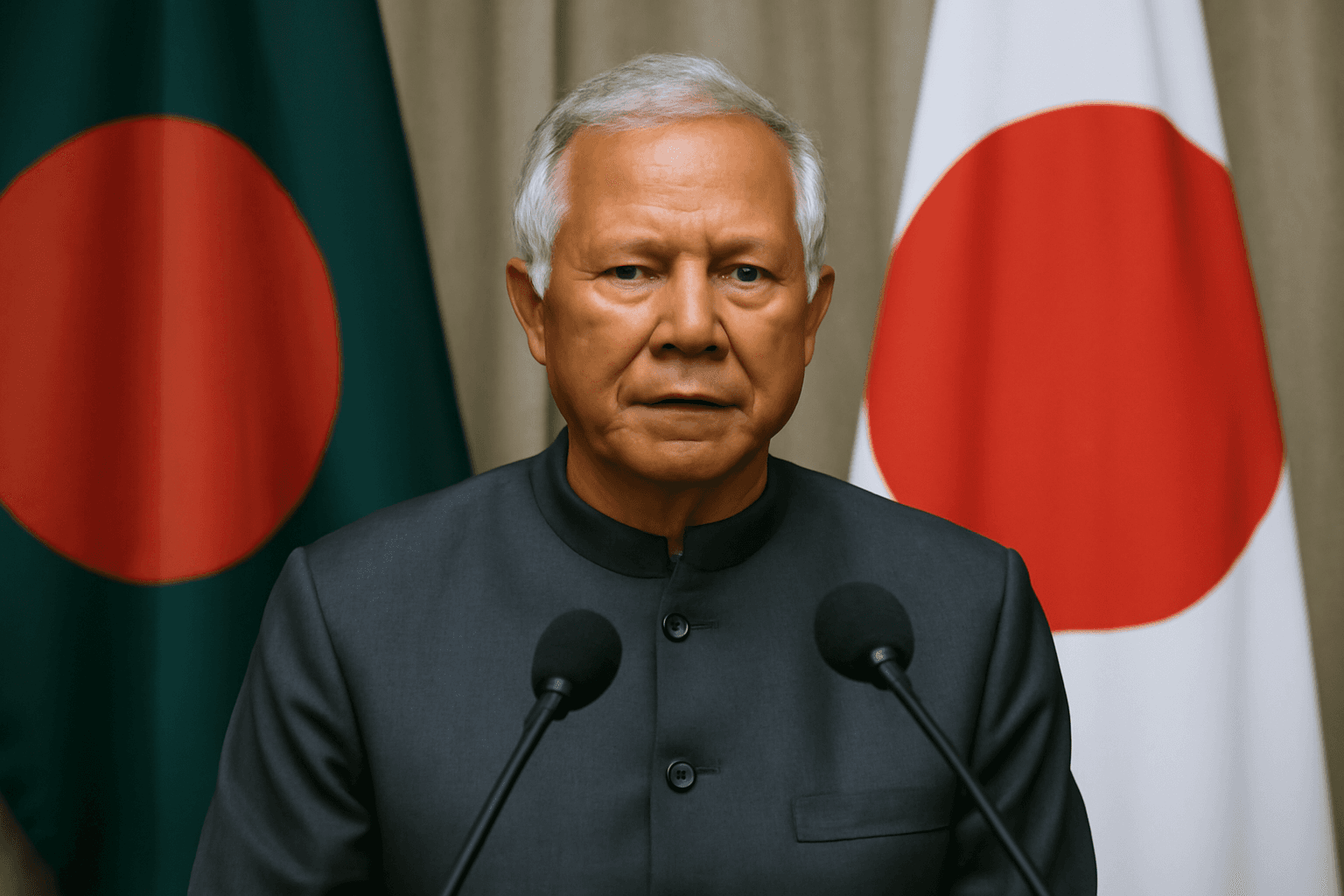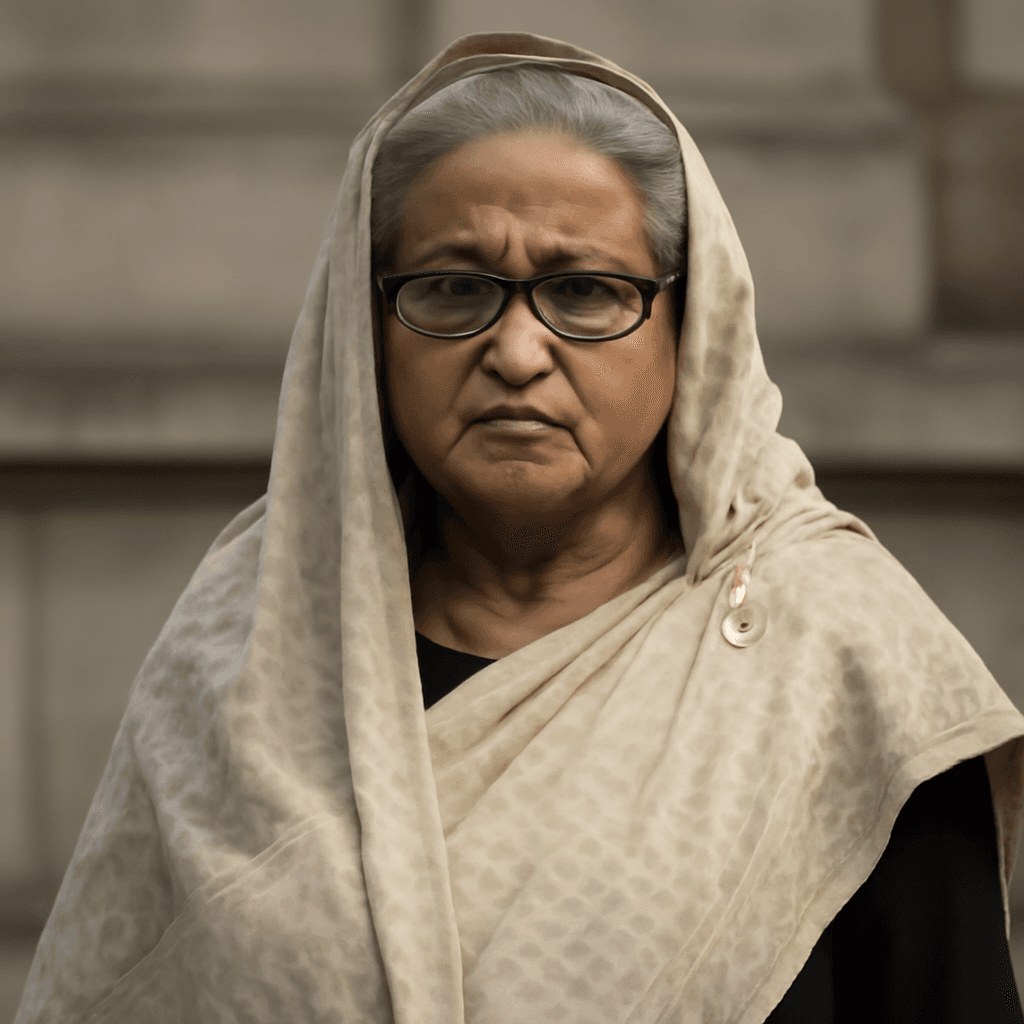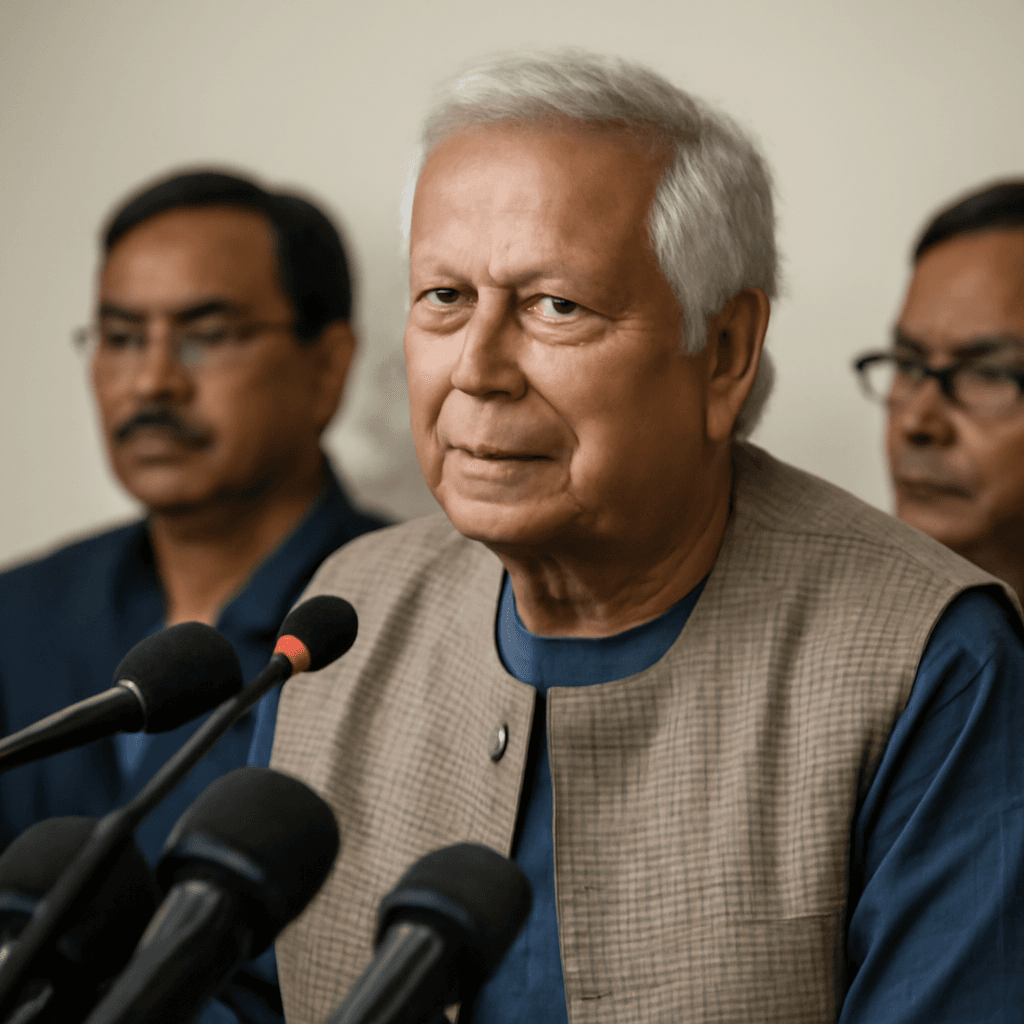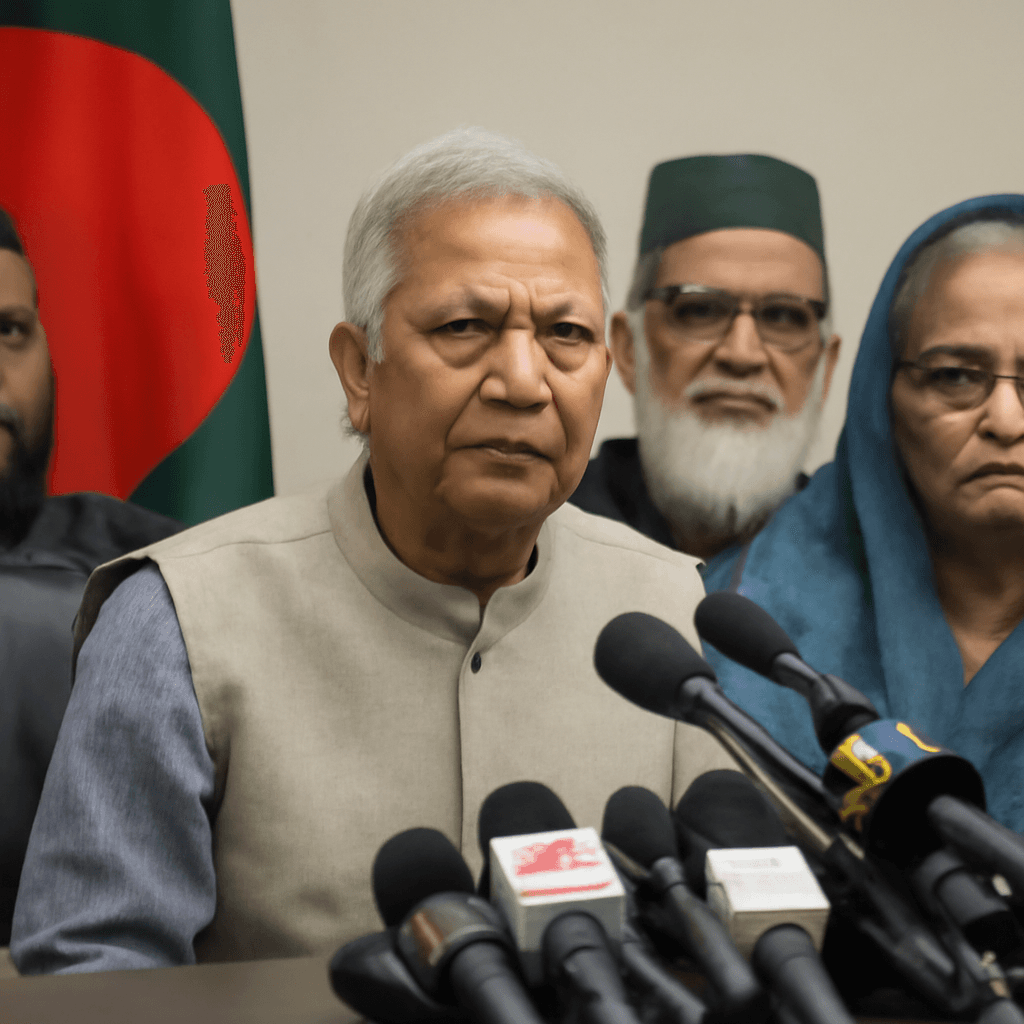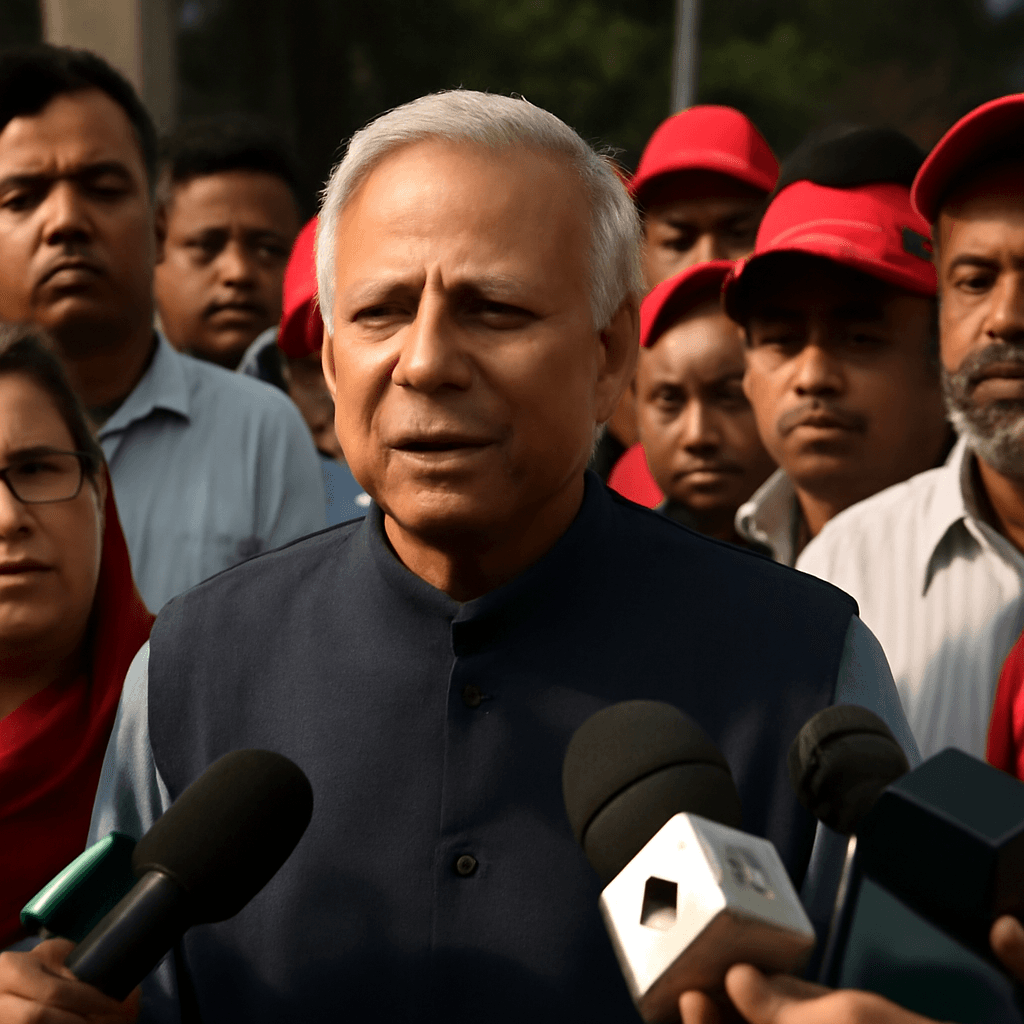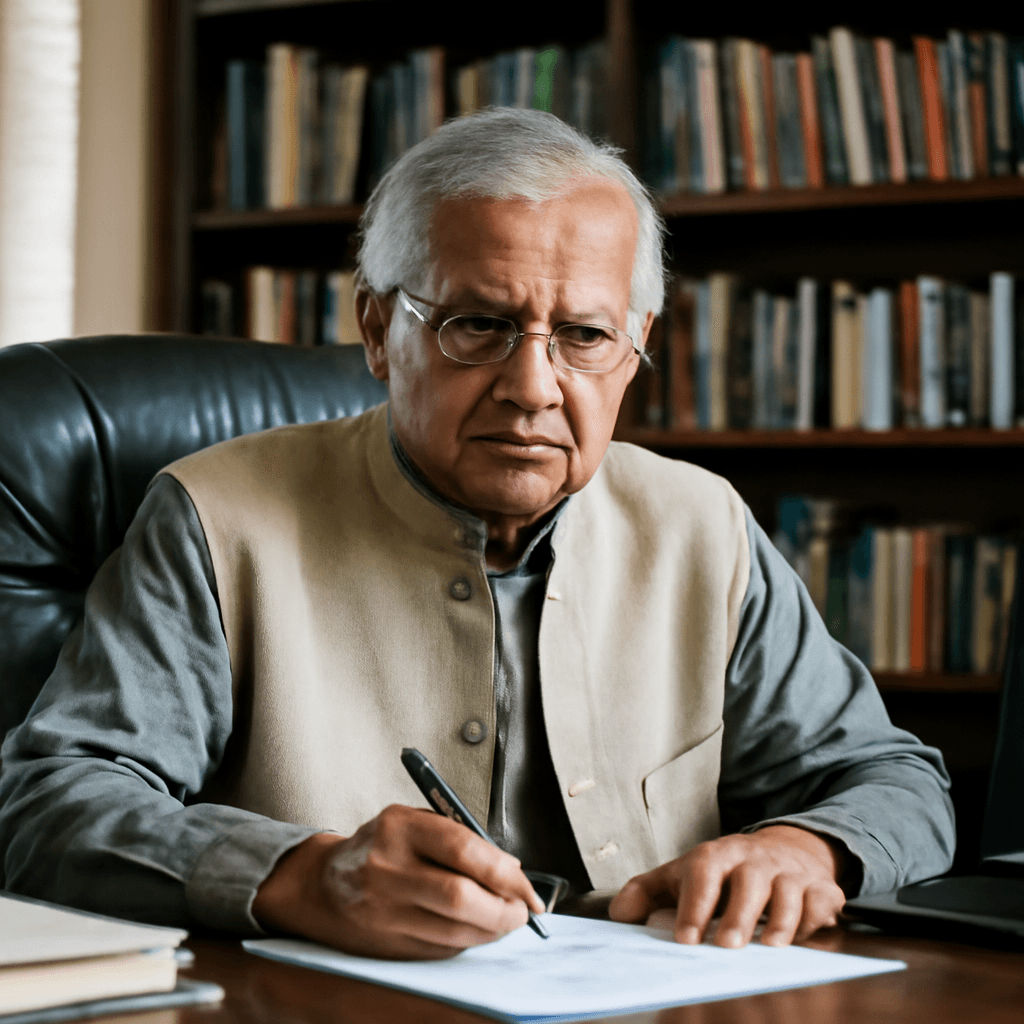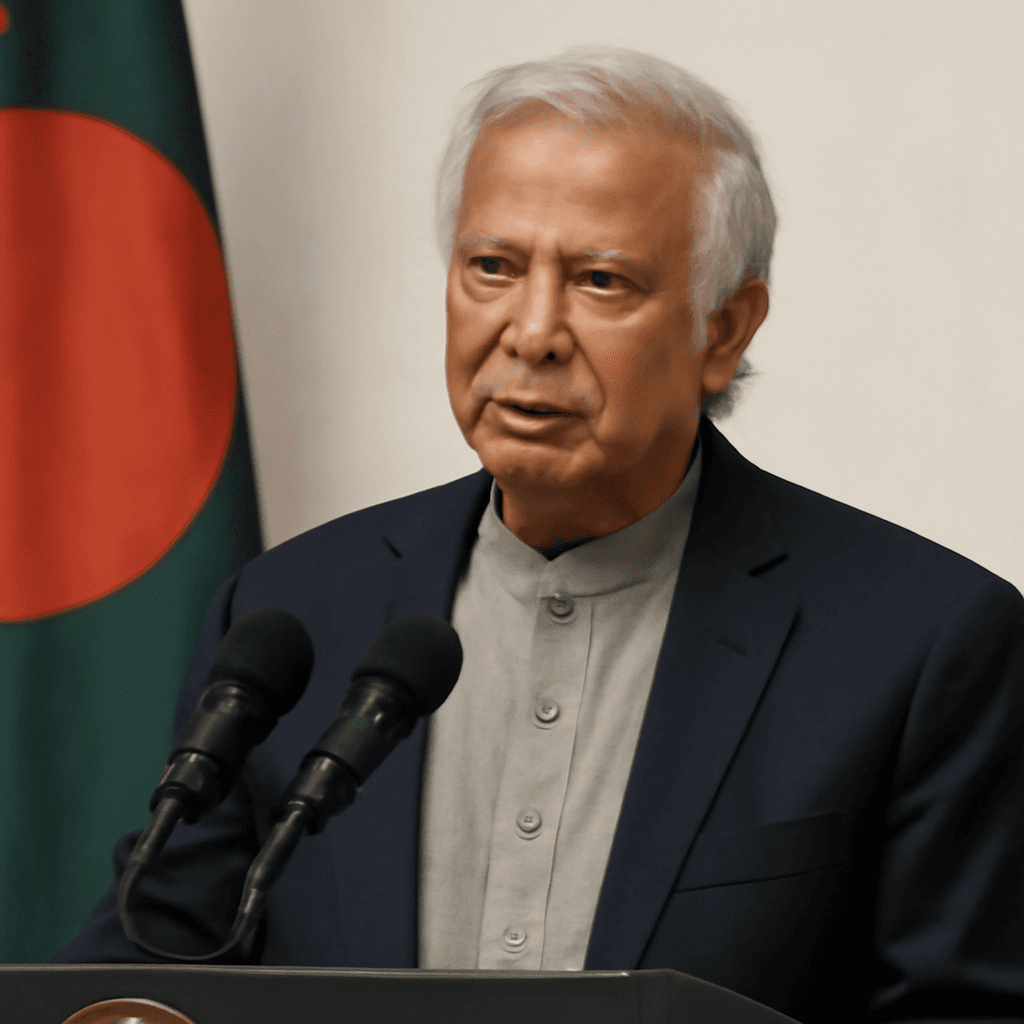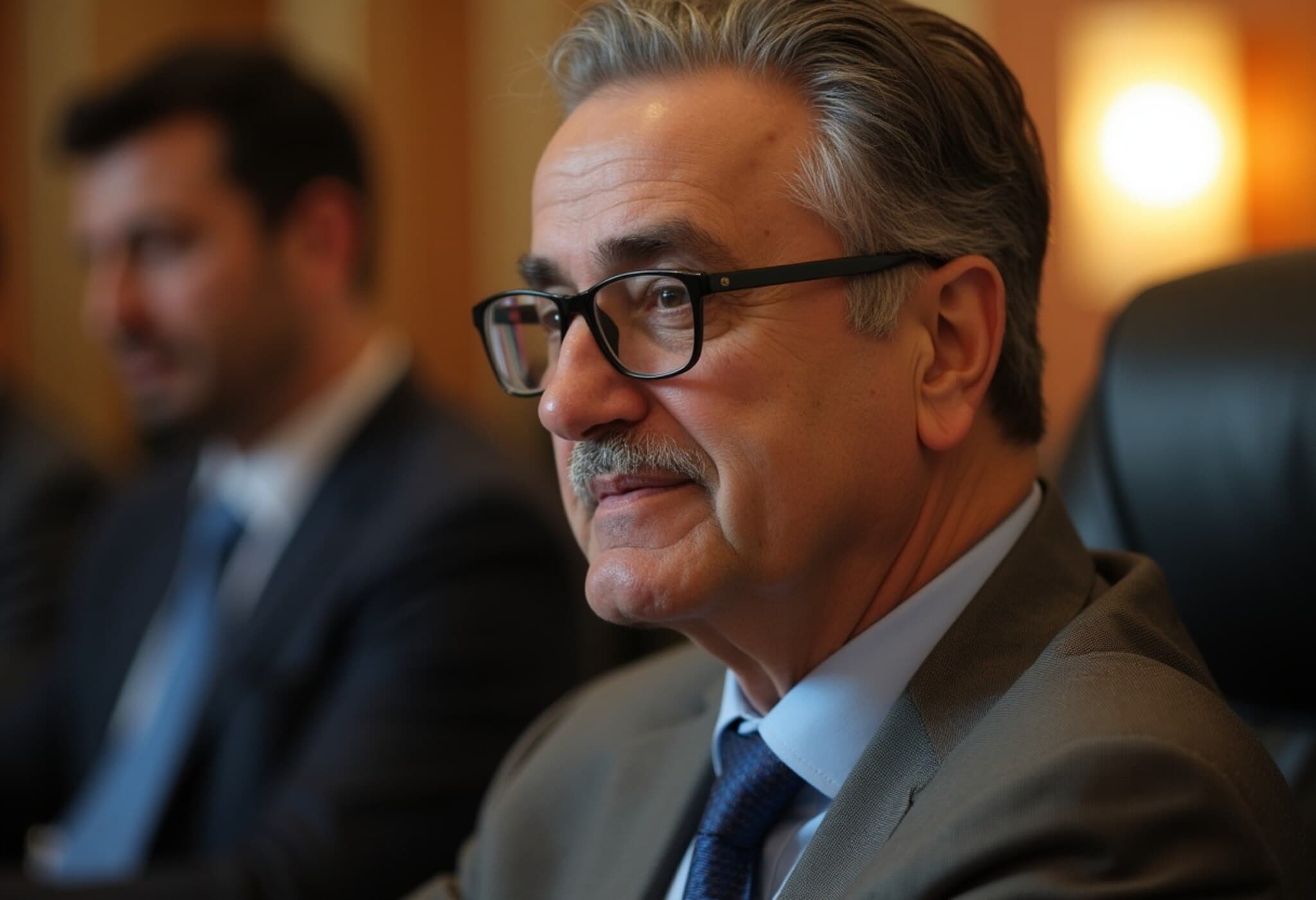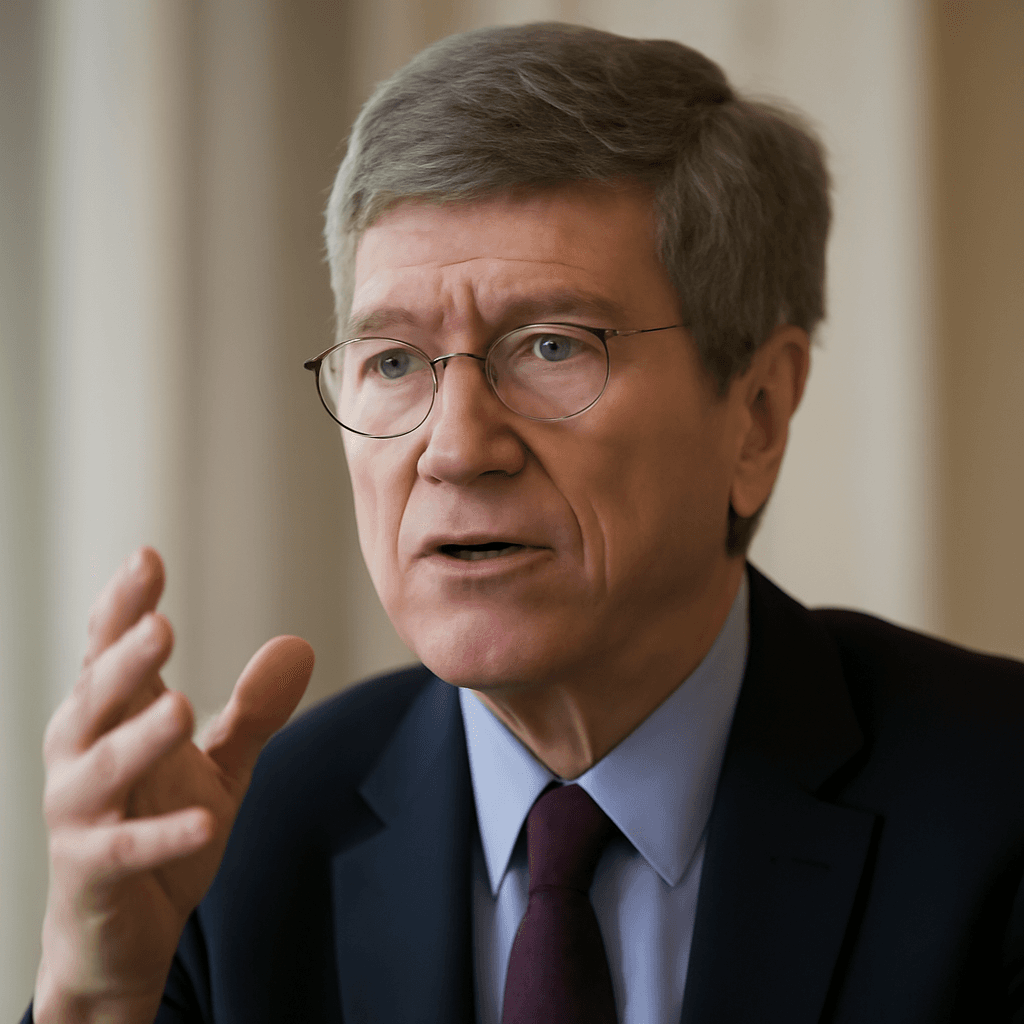Political Backlash Over Election Schedule Announced by Chief Adviser
Bangladesh's two leading political parties, the Awami League and the BNP, have strongly condemned the interim Chief Adviser Muhammad Yunus’s recent announcement to hold national elections in April 2026. The announcement was made during Yunus's Eid address, marking nearly ten months of interim rule. Both parties have voiced concerns over the proposed timing, demanding elections be held before the end of 2025.
BNP Criticizes Election Delay and Political Overreach
Following an emergency meeting of the BNP’s national standing committee, the party accused Chief Adviser Yunus of using his Eid speech to venture into political topics beyond the agreed mandate of the interim government. They described the timing of the elections as a deliberate delay, highlighting that the April 2026 proposal conflicts with significant national events such as the holy month of Ramadan, academic examinations, and summer weather challenges.
The BNP expressed disappointment over the lack of clear justification for postponing the polls, noting that the Bangladesh Army supports holding elections by the end of 2025. The party warned that further delays would exacerbate public frustration, especially in light of sacrifices made during recent political upheavals.
Awami League Labels Chief Adviser’s Government as Illegitimate
The Awami League also voiced strong opposition to Yunus's announcement. They criticized the interim government for allegedly fabricating a crisis narrative to cover up their shortcomings and shifting blame onto the former ruling party. The Awami League stressed the importance of an election that respects the martyrs’ sacrifices and features broad voter and candidate participation to ensure it is recognized as the freest and fairest in Bangladesh's history.
Moreover, the party questioned the democratic legitimacy of Yunus’s administration, accusing it of serving foreign interests. They cautioned that many members of the interim government hold foreign citizenships and warned of potential lasting damage to Bangladesh’s sovereignty due to their actions.
Context and Implications
- First election following a period of political unrest that saw the previous government toppled through violent protests.
- Both major parties reject the timing of the April 2026 polls, calling for elections by the end of 2025.
- The announcement has intensified political tensions amid concerns over governance and election transparency.
The disagreement between the country’s main political factions underscores challenges ahead for Bangladesh’s transition back to democratic governance. The international community and domestic observers are closely watching as preparations for the forthcoming elections take shape.

